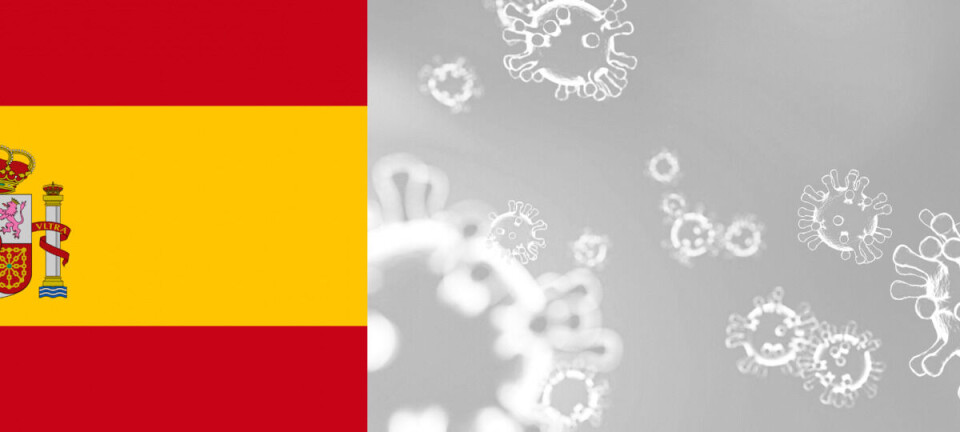article> Opinion/Politics
Effects of COVID-19 in Spain

Spain is one of the countries most heavily affected by the COVID-19 pandemic in Europe.
by Sara Blanco & Marit Pepplinkhuizen
Illustrator/Contributing Writer& Opinion/Politics Section Editor
This article is part of an overview put together by the editorial team of The Voice, international student magazine on the effects COVID-19 has had on the daily lives of people in different countries across the World. More accounts from people from different countries will soon follow.
Until Friday the 13th everything was running as usual. There was a “pandemia”, it was globally spreading and other countries had already taken drastic measures. The Spanish people were mainly posting memes. However, schools and universities had been closed for a week. On Saturday the 14th the president promised to do a public announcement, which got delayed from 14:00 to 21:00 due to a 7 hours meeting between the members of the not super stable government. The announcement was meant to communicate the official state of national alarm. From Monday on it would be mandatory to stay home. It is only allowed to go out to go to the supermarket, the hospital and the pharmacy. Going to work is still possible but companies are encouraged to promote working from home.
Police are in the streets making sure that the state of alarm is respected. Individuals who refuse can face a fine up to 3.000 €.
It was mentioned that public transport will be operating at 50% and terrestrial borders would be controlled, but nothing serious about closing borders to the exterior. A couple of days after, it was specified that the borders would be closed so that no foreign citizens can enter the country. These measures are in principle operative for 14 days, but it is expected that they will be extended in time.
The atmosphere at the moment is apocalyptic.
People have quickly realized that the issue is serious and are respecting the quarantine. The movement on social media is strong, millions of memes, people giving entertainment to other people, advice, and so on. Every day at 20:00 everyone claps from the balcony to say thanks to the sanitary personnel. There are also a lot of people who play music for their neighbours and buildings who play bingo. In the supermarkets certain products such as milk, toilet paper or meat are hard to find.
The government said that they guarantee food to the people, but the main problem is not the lack of food but the collective hysteria and the impossibility to refill the supermarkets fast enough. Hospitals are overcrowded. People are being responsible and the compromise of the personnel is amazing, but there is not enough equipment, masks and COVID-19 tests.
What has become obvious is that Spain was not prepared for this kind of scenario
Companies are not prepared at all for their employees working from home, so millions of people are risking their health and the health of their loved ones unnecessarily in the subway every day. Also, thousands of companies are promoting ERTEs, which is a way of basically firing your employees the next day since you can justify that you are not making benefits because of the situation. People are losing their jobs. People in the supermarkets and transport are being exploited and the rent will just keep being asked for every month. Large companies like Mercedes have forced their employees to keep going to work in huge factories with no health protocols or measures, and production was only stopped due to the massive strikes of their employees. Schools and universities are offering online education, which is really poor and inefficient (nothing compared to KU Leuven's Toledo and the online system that Belgian schools offer).
We are the country of the sun, and our society is really not ready for this. But maybe now is the time to re-evaluate our model and to invest money in which really matters: health, education and safety.
Official information from the government of Spain here (in Spanish):





